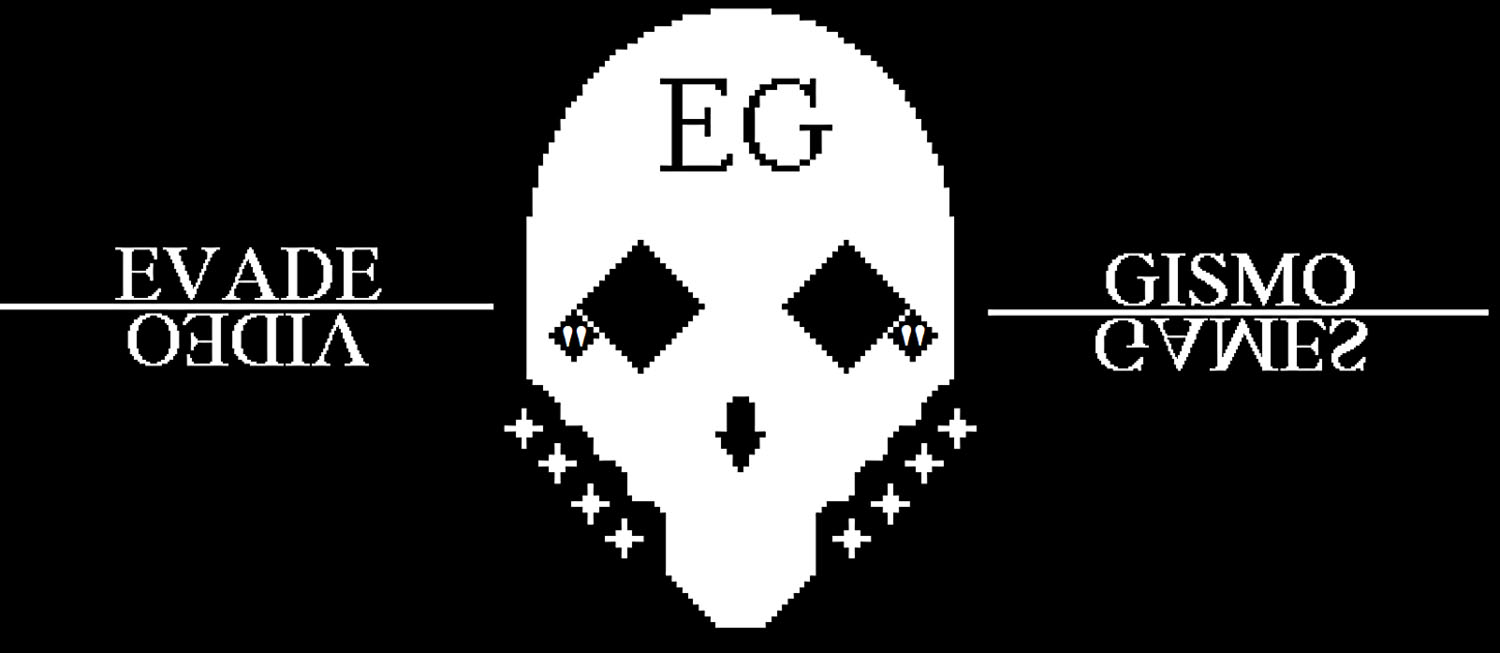I CAN QUIT WHENEVER I WANT !
/Though Goesen's WOW addiction ran a few fathoms deeper than my Dota addiction, I felt pangs of recognition as he recounted those days, back on GISMOS_07. Friends will recall that Dota 2 was a huge part of my life. I'd look forward to weekends, where I could blast out 4-6 hour-long matches in one sitting, while waking up early, going to bed late, and literally skipping meals in order to fit that crucial hour of daily Dota into my schedule durign the working week. It sat comfortably among my top 3 priorities in life for a solid year and a half, so naturally, it demanded large and frequent chunks of my precious time.
And, in spite of the havoc wreaked on the rest of my life, this obsession is a success story, because every game designer's livelihood depends on the glory of the timeslot.
We talk a lot about VALUE here at Evade Gismo; of limited time, of money, in a market overflowing with opportunity. It's like our lives as gamers have become TV channels, and video games compete like soap operas for the coveted primetime spot, when attention is focused and favour is curried. Our very attention spans have been commodified -- just look at Hitbox Team unpacking their post-release patch decisions on Dustforce a few years back. Everything is motivated by extending the average "play-span": some equation of the frequency, duration, and consistency with which people are having enough fun playing the game to continue putting time (and increasingly, money) into it. This creates a competitive atmosphere among games developers, as gamers seem to become wiser & wiser to the cheapest tricks of the trade. There's Pay2Win, where IRL economic stimulus packages can broker virtual-world advancement; Leveling Up seems designed to turn a linear story into an epic chain of obstacles that overlap with a considerable span of a player's life; fetch quests and mini-games are broadly derided as "length padding" mechanics, like a feature film that crams in redundant scenes just to meet the standardized two-hour runtime. Even when it cannot directly be monetized, as in the aforementioned Dustforce, player commitment seems to be a game developer's ultimate fulfilment. Yet stories like Goesen's and mine, among countless other more damaging cases, describe a serious issue in the advancement of the gaming medium. It seems that a passion for music, lit, or film doesn't invite toxic obsession in the way that a video-game does. While art forms tend to want to be wholly appreciated (or repeatedly misinterpreted), games just demand a much larger audience investment to reach the same level of comprehension. And as the industry becomes populated with cleverer & more skilled designers and promoters, the best games are becoming harder and harder to put down.
This brings me to Darkest Dungeon, the recently fully-released Lovecraftian team-mismanagement simulator from Red Hook Studios. Darkest Dungeon has got all the trappings of an addictive timesink - a polished aesthetic; fast & frequent feedback on your choices; mandatory Ironman mode; and steadily rising numeric indicators of progress & success - and yet it seems intentionally designed NOT to draw you into a hypnotic vortex. You can step away from Darkest Dungeon at any point, and it will be waiting exactly where you left it. There's no forced commitment to finish the current level or battle, or slog your way back to a distant savepoint, or just leave it on the pause menu and hope the cat doesn't head-nudge the power switch. All the characteristic torture and madness is internalized in the game, not extended out to the player. For a game so inspired by the inertia towards death and decay common to all living things, this game respects your time and freedom outside of the game to an extent that's almost revolutionary. You are provided a continuous exit point (of the kind described in the Extra Credits clip below) and that's why all I've been playing for the last few days has been DD.



